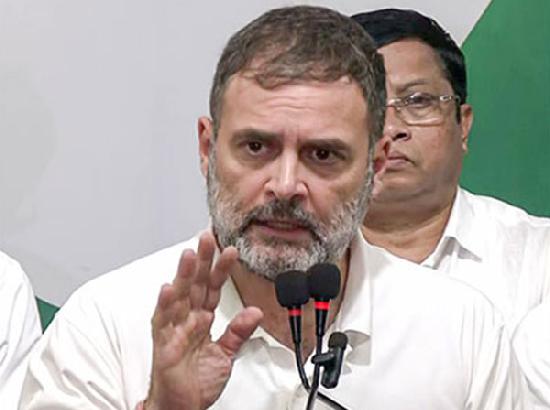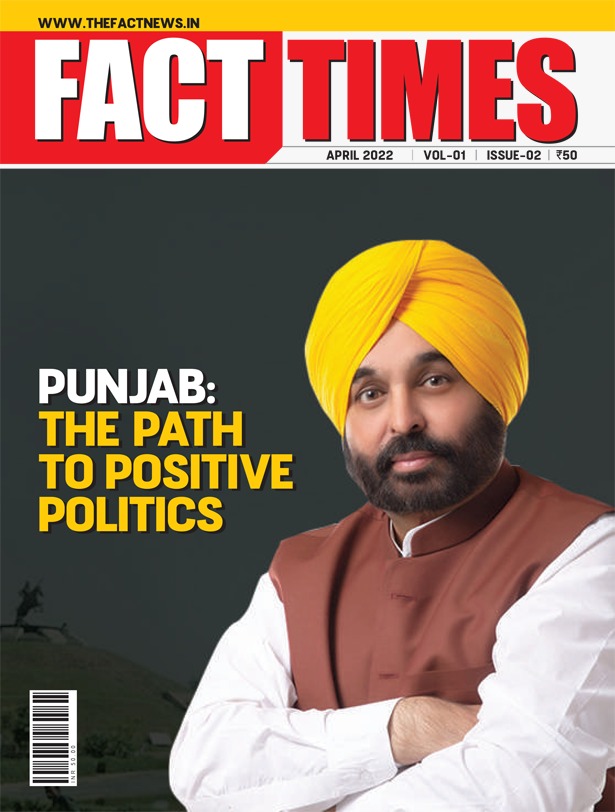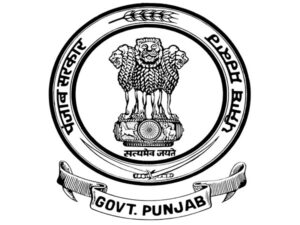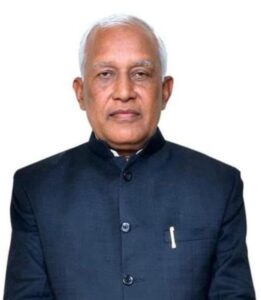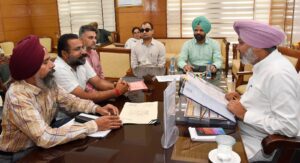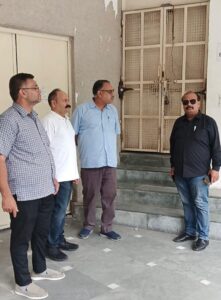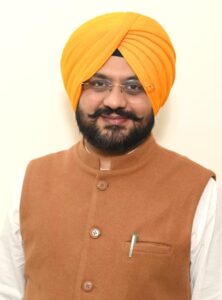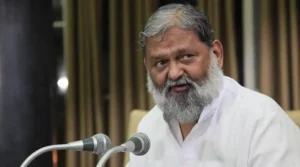New Delhi: The recent appointments to the Parliament’s Standing Committees reflect the intricate tapestry of Indian politics, revealing both alliances and rivalries that shape governance. Congress MP Rahul Gandhi’s retention on the Defence Committee, alongside BJP’s newcomer Kangana Ranaut’s assignment to the Information Technology Committee, highlights a notable intersection of established political figures and fresh faces in India’s legislative landscape.
Rahul Gandhi’s continued presence on the Defence Committee is emblematic of his role as the Leader of the Opposition in the Lok Sabha. His experience will be crucial in scrutinizing defense policies, especially at a time when national security remains a paramount concern. Under the chairmanship of BJP MP Radha Mohan Singh, the committee is set to engage in critical discussions that could influence India’s defense strategy moving forward.
Meanwhile, Kangana Ranaut’s entry into the parliamentary arena brings a blend of celebrity and political ambition to the Information Technology Committee. As a first-time parliamentarian, her assignment signals the BJP’s intention to leverage her popularity while exploring the complexities of digital policy, an area fraught with challenges and opportunities. Her presence, alongside seasoned politicians like Jaya Bachchan and Priyanka Chaturvedi, underscores the evolving nature of parliamentary representation, where cultural icons increasingly intersect with legislative responsibilities.
The Congress party’s leadership of four committees, including the prestigious External Affairs Committee headed by former Foreign Minister Shashi Tharoor, indicates a strategic attempt to reassert its influence in crucial areas of governance. Other committees led by Congress MPs focus on Education, Agriculture, and Rural Affairs, reflecting the party’s intent to address pressing societal issues. However, the absence of Sonia Gandhi—an influential figure in Congress—from any committee raises questions about her future role within the party’s structure.
The predominance of BJP members in key committees such as Defence, Finance, and Home Affairs reflects the ruling party’s consolidated power following the recent general elections. This dominance is critical in shaping legislative agendas and ensuring the government’s policies are effectively monitored. The chairmanship of former Union Ministers like Anurag Thakur and Rajiv Pratap Rudy further reinforces the BJP’s strategic positioning.
Additionally, the dynamics between committee members often play out publicly, as seen in the previous Lok Sabha where Nishikant Dubey and Shashi Tharoor clashed over Facebook’s policies on hate speech. Such confrontations not only reflect the political climate but also indicate the challenges that will arise in navigating governance amidst differing ideologies.
The involvement of regional allies, like the TDP and JDU, in leading various committees signifies the BJP’s strategy to maintain a broad coalition while addressing state-specific issues. The assignment of committees to Maharashtra’s Shiv Sena faction and the NCP group ahead of upcoming elections suggests a keen awareness of regional politics and the need to manage potential dissent within alliances.
As each department-related standing committee acts as a ‘mini parliament’ overseeing ministries, their composition will significantly impact the performance of the respective departments. The interplay of party politics, individual ambitions, and governance will define the functioning of these committees, ultimately influencing public policy.
In conclusion, the new appointments to the Standing Committees encapsulate the evolving nature of Indian politics, where celebrity, regional representation, and traditional political clout intertwine. As the committees embark on their responsibilities, their ability to navigate the complexities of governance will be closely watched, with implications that extend far beyond the parliamentary halls. The interplay of these dynamics will shape not only legislative outcomes but also the political landscape leading into future elections.



